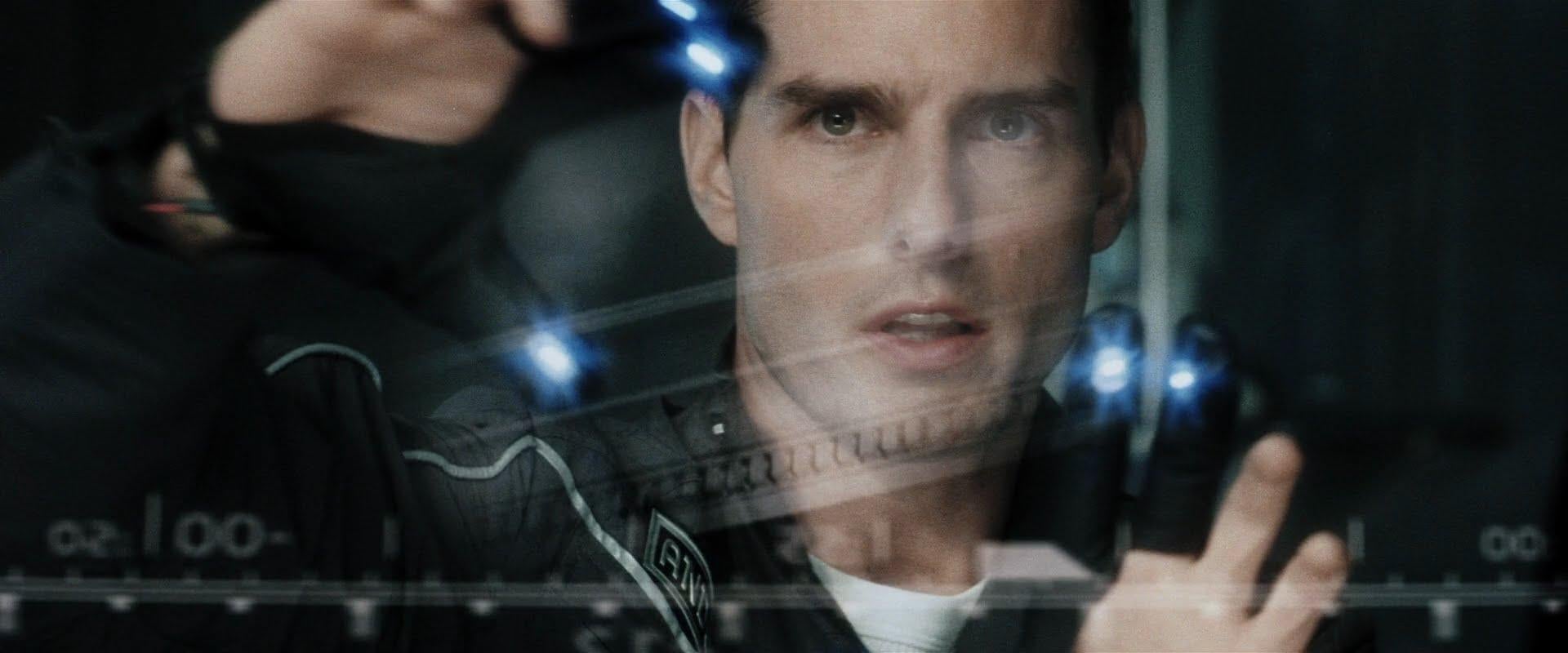New documentary Pre-Crime shows how Minority Report-esque police techniques are already a reality
Determining danger by algorithm is intriguing but problematic
Your support helps us to tell the story
From reproductive rights to climate change to Big Tech, The Independent is on the ground when the story is developing. Whether it's investigating the financials of Elon Musk's pro-Trump PAC or producing our latest documentary, 'The A Word', which shines a light on the American women fighting for reproductive rights, we know how important it is to parse out the facts from the messaging.
At such a critical moment in US history, we need reporters on the ground. Your donation allows us to keep sending journalists to speak to both sides of the story.
The Independent is trusted by Americans across the entire political spectrum. And unlike many other quality news outlets, we choose not to lock Americans out of our reporting and analysis with paywalls. We believe quality journalism should be available to everyone, paid for by those who can afford it.
Your support makes all the difference.Being able to predict crime sounds almost akin to a superpower, conjuring up the image of a world in which masked men are scooped up moments before they execute a bank job or where back alley-prowling lowlifes are stopped just as they are about to mug an unsuspecting good citizen. If it also sounds a bit like some futuristic vision from a Philip K. Dick novel, well that’s because it is.
'Pre-Crime' is a term coined by Dick in his 1956 short story The Minority Report (famously made into the 2002 Steven Spielberg film starring Tom Cruise) that focuses on a criminal justice agency set up to arrest people before they commit crimes. In the book, Anderton, the chief of the agency, describes this system thus: "in our society, we have no major crimes but we do have a detention camp full of would-be criminals." Whilst detention camps full of people who have technically committed no crimes is not a modern-day reality, the application of pre-crime techniques in policing is.
A new documentary that just screened at CPH:DOX in Copenhagen, Pre-Crime, explores this controversial technique in law enforcement. The film captures an increasingly monitored world in which every step, action and transaction can, and often is, being monitored. “Why sit and drink cold coffee in a hot car when you can just track them on their phone?” one official says of modern-day surveillance.

The widespread monitoring doesn’t stop just at phones and location sharing apparently. The film even makes suggestions that in America they are in the stages of assembling a scoring system for individual citizens, such as the proposed Social Credit System in China or also literally the 2016 episode of Black Mirror, ‘Nosedive’.
In Chicago, an algorithm has been created to predict its inhabitants’ potential involvement with violent crime, which creates a Strategic Subject List - known colloquially as the “heat list” - a comprehensive list of who it considers to be the most dangerous people in the city.
England is active in pre-crime too, with a predictive policing software known as PredPol being employed to predict areas where crimes may take place in order to deploy more officers to that area. Perhaps using data in order to identify crime hot spots and assign more police to those areas sounds like good, solid, preventative police work but, as the film explores, there are drawbacks.
It is suggested that such pre-crime techniques can lead to major profiling, which reinforces pre-existing profiling issues such as race and socioeconomic status. For example, a young black man living in a certain postcode in Tottenham could be enough to align them with gang activity, despite any active involvement.
Even association with someone who has committed or been the victim of a crime is enough to be detected, as Robert McDaniel found out when police officers turned up to his door warning him he was being watched and was on the “heat list”. McDaniel had never committed a violent crime, his only vices being smoking some weed and playing a little dice. And yet, he was deemed one of the most dangerous people in the city via this algorithm, which critics have used as an example of increased racial profiling by police.
The documentary goes back and forth between critics and advocates of pre-crime techniques, exploring areas such as guilt by association and the idea of reversing the longstanding stance of innocent until proven guilty into presumed guilt. Regardless of the varying stances on pre-crime captured, the film’s overall message is that this is no longer a sci-fi-like vision of the future but it is already here and in use. Although as worryingly pointed out by one critic of this algorithmic and unpredictable future, “code has no conscience.”

Join our commenting forum
Join thought-provoking conversations, follow other Independent readers and see their replies
Comments